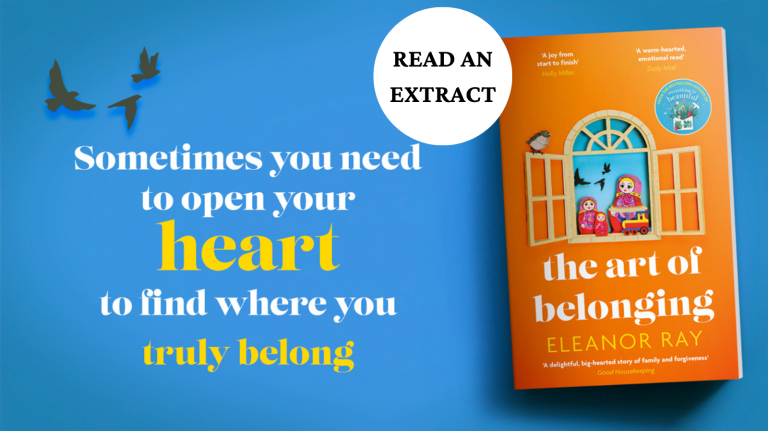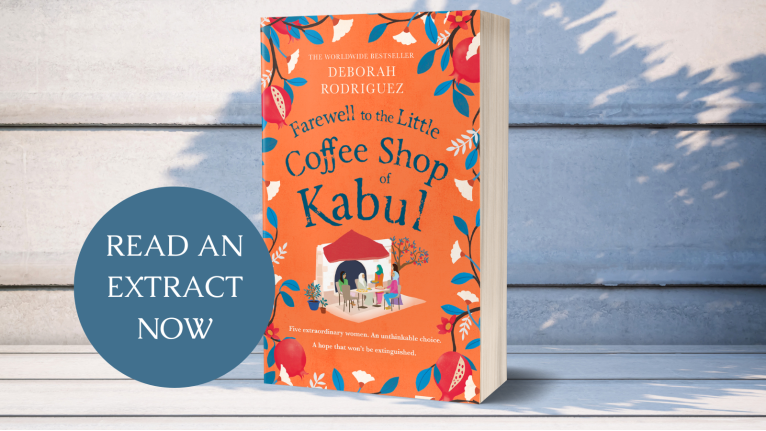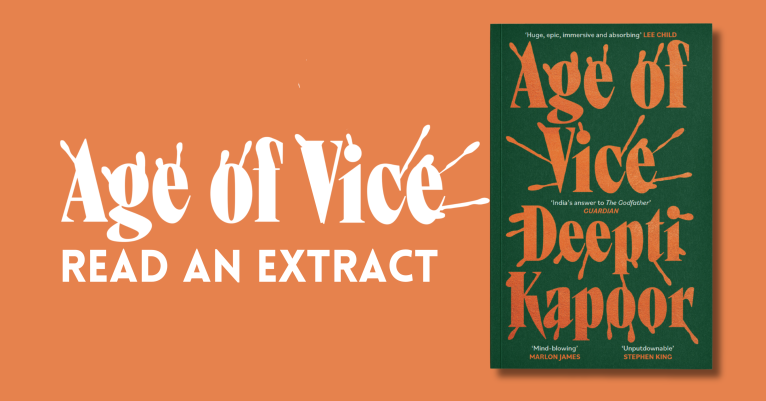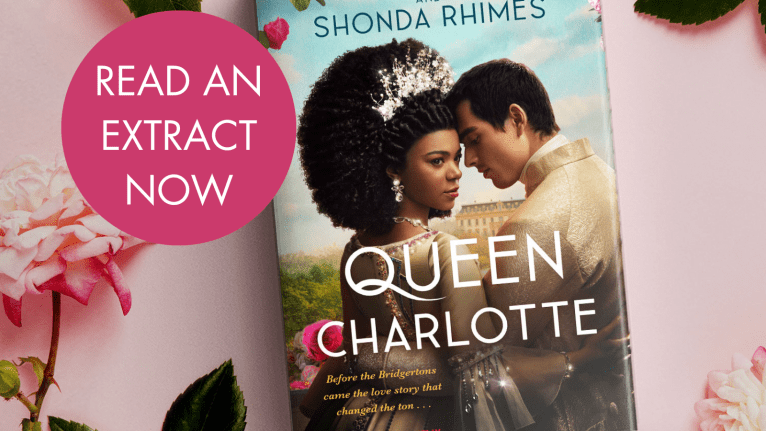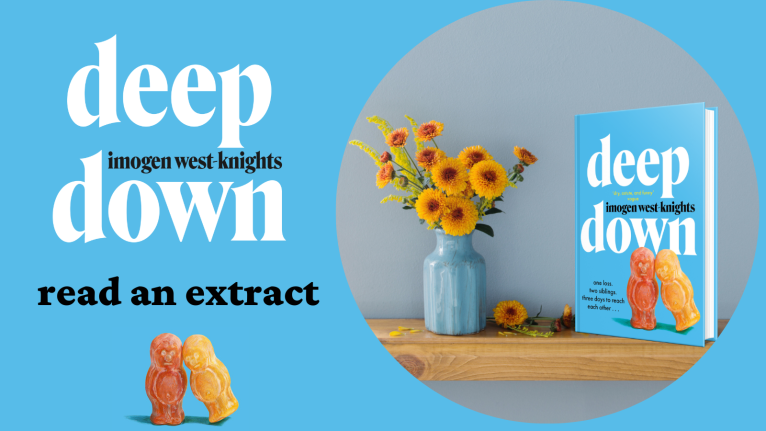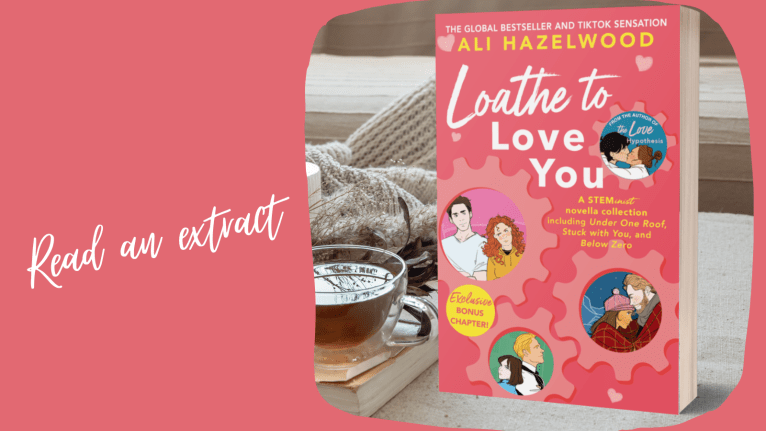Read an extract from Tribes by David Lammy
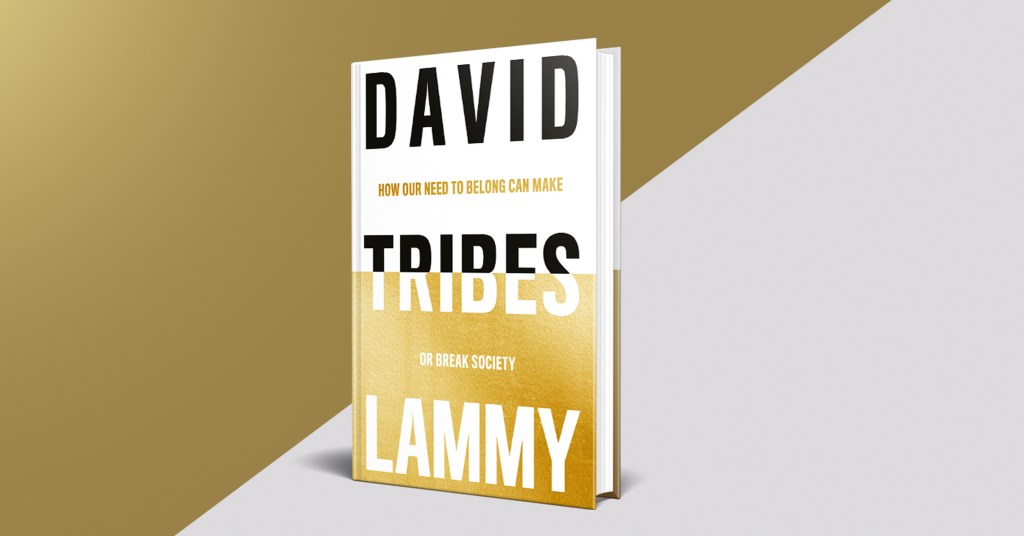
The extracts below are taken from a chapter of Tribes by David Lammy. Part poignant memoir, part compelling call-to-arms, Tribes is a fascinating exploration of both the benign and malign effects of our very human need to belong by one of Parliament’s most prominent and successful campaigners for social justice. More importantly, it demonstrates just how we can all move beyond our own tribes…
…
As the son of two Guyanese migrants, I was able to understand the sacrifice the Windrush generation made for this country because each day of my youth I saw it in action in my mother. I saw it when she returned home briefly in between shifts as a home help for the disabled and as a care assistant at an old people’s home. I saw it in her spare time, when she left us at home while she sold Tupperware door to door. And I saw at first hand the pain and strain that living in a new land put on so many in my father, who regularly came home drunk, angry or afraid.
Growing up in the 1980s, I lived in fear of the National Front. Enoch Powell’s ‘Rivers of Blood’ speech was made just four years before I was born. It had its desired effect of ‘fizzing like a rocket’: fermenting and legitimating an ugly racism that made us feel unwelcome. I’ve lost count of the times I’ve been told to go home, or had my Britishness questioned. When you hear enough of this stuff , a small part of you, in your darkest hours of insecurity, can even start to believe it. For some Windrush citizens, the question may have lingered: did I gain an identity when I moved to this island as a British and Commonwealth citizen, or am I merely an intruder? The Windrush scandal confirmed our worst fears. The British state did not recognise people like us as British citizens after all.
The government’s insult to the Windrush generation was not only financial, though it forced many people into destitution by preventing them from getting jobs in the legitimate economy and denied them the welfare payments that the unemployed need to survive. And it was not only to do with their freedom, though many were detained in Britain’s brutal immigration detention estate and others were deported to countries they had not set foot in since they were children. It also cast doubt on their very identities. It said to those hard-working British Caribbeans, who had answered the call of a desperate United Kingdom, that they did not belong here. It questioned whether my parents, and by extension whether I, could be black and British at the same time. Being told so often to ‘go home’ made many descendants of the Windrush generation wonder whether they had a home at all.
…
Since my parents’ arrival, the British Caribbean community has undeniably integrated into the British way of life. Th e literature of C.R. James, Benjamin Zephaniah and Zadie Smith has shaped what it means to be British. In politics and in culture, Stuart Hall, Bernie Grant and Linton Kwesi Johnson shifted the framing of the debate not only about race, but about class and working life. The remarkable sporting achievements of Jessica Ennis, Frank Bruno, Linford Christie, Kelly Holmes and Raheem Sterling make people from all backgrounds proud to be British. A generation of prominent artists, writers, sports people and cultural thinkers have shaped post-war British culture in ways that are hard to measure.
But celebrities are never the true measure of integration. The contributions made by those who have climbed to the top of the social hierarchy do not really tell us much about those whose feet are on lower rungs of the ladder. To me, the presence of loud British Caribbean football fans in most Premier League stadiums across the country is far more illustrative of our integration than the athletes they are applauding. And it is the countless British Caribbean postmen and women, security guards, teachers, caterers, bar staff , barbers, labourers, lawyers, shop assistants, nurses, journalists and council workers – who are the true measure of how Caribbeans have become British. Working hard to pay their mortgages, socialising in pubs and getting married across ethnicities, these are everyday people living quintessentially British lives.
The government’s own definition describes integration as happening when ‘people – whatever their background – live, work, learn and socialize together, based on shared rights, responsibilities and opportunities’. It is about shared access and having an equal stake in and engagement with society. And despite its somewhat abstract foundation, integration can be measured according to tangible indicators, at least according to the Home Office.
The first indicator is language, which is the most basic tool that enables people to become socially connected with others. After white British people, black British people are the ethnic group most likely to speak English as their main language – the proportion is 98.5 per cent compared to just 92.3 per cent of citizens across England and Wales as a whole. Of course, the fact that so many black people speak English as their first language is not a quirk of fate, but a direct result of Britain’s colonial history.
The next indicator is employment. According to the 2011 census, 67 per cent of black people were in employment. That is around 500,000 people, and it is among the highest rates of any ethnic-minority group. Black people became a vital part of our economy from the moment they arrived on British soil, taking ownership over their own means of integration. One of the most prominent contributions they continue to make is to an institution that is quintessentially British: the NHS. Today, many more women are following in the footsteps of people like my aunts: 29 per cent of black women do much-valued human health and social work. What a group gets out of public services is as much an indication of integration as what they are putting in. It is notable, then, that a slightly higher percentage of blacks reported a positive experience of GP services in 2018 than did the average across all groups.
Over time, the British Caribbean community has become less visible, even as its contribution to our society has become greater. In part at least, this is because we have integrated and intermixed.
…
It is still the case that young people have an uphill battle to raise expectations and break down these barriers. One of the main problems that persists is the disproportionate rates of exclusion from our schools.
Last year, black British pupils were permanently excluded at nearly three times the rate of white British pupils. Separated from mainstream education, it is no wonder that these pupils continue to under perform. Importantly, there is some hope. The education gap is narrowing. In 2004, 23 per cent of black pupils who defined themselves as having one or more black Caribbean parent in England achieved five or more A*–C GCSEs, compared with 42 per cent of white pupils. By 2013 it was 53 per cent, compared with 61 per cent of their white peers. And the percentage of black children going into further education or employment at age eighteen is just 1 percentage point below the national average.
Outside of schools and onto the streets, the wider black community continues to face further prejudice. Th e last time I was stopped and searched was during the 2005 general election campaign. In a car with my brother, a magistrate, we were pulled over by an armed policeman.
‘Stop, stop, stop! Put your hands up!’ he shouted aggressively.
The officer apologised once he realised I was an MP, but this was no one-off . I have been stopped and searched around a dozen times by the police, for no good reason. The first time, aged twelve, I could not have looked less like the picture of a criminal. I was a somewhat lanky, nerdy-looking boy with big hair, an old T-shirt and NHS prescription glasses the day I was harassed by men in blue while walking towards West Green Road. The three officers who jumped me that day frisked me down over my balls and buttocks with such force and familiarity that I wet myself. Black people in Britain are now more than eight times more likely to be stopped and searched than white people.
It is no surprise then that black people have consistently expressed less confidence in the police than other groups. The disproportionate use of stop and search is based on and perpetuates a climate of suspicion of black men. It breaks down trust in those whose job it is to protect. Feeling safe and secure is fundamental to integration. It is difficult to feel connected to those around you if you are constantly looking over your shoulder and are systematically discriminated against.
As my 2017 review into the criminal justice system found, trust is not only low among black defendants and offenders, but across the entire BAME population. It revealed that 51 per cent of ethnic minorities believe ‘the criminal justice system discriminates against particular groups and individuals’. And who can blame them when we have greater ethnic disproportionality in our justice system than even the USA?
While culturally, and in terms of identity, British black communities provide stories of integration’s success, in terms of opportunity and justice, we have too often been shut out.
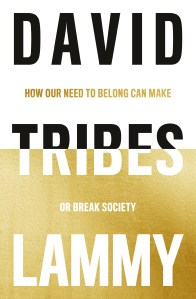
Tribes
by David Lammy
‘A superb book about the tribalism gripping British politics. Tribes is measured, searching, pitilessly self-scrutinising and would probably amaze anyone who knows its author only from his Twitter persona’ Decca Aitkenhead, Sunday Times
David was the first black Briton to study at Harvard Law School and practised as a barrister before entering politics. He has served as the Member of Parliament for Tottenham since 2000. Today, David is one of Parliament’s most prominent and successful campaigners for social justice. He led the campaign for Windrush British citizens to be granted British citizenship and has been at the forefront of the fight for justice for the families affected by the Grenfell Tower fire.
In 2007, inspired by the bicentenary of the Abolition of the Slave Trade Act and looking to explore his own African roots, David Lammy took a DNA test. Ostensibly he was a middle-aged husband & father, MP for Tottenham and a die-hard Spurs fan. But his nucleic acids revealed that he was 25% Tuareg tribe (Niger), 25% Temne tribe (Sierra Leone), 25% Bantu tribe (South Africa), with 5% traces of Celtic Scotland and a mishmash of other unidentified groups.
Both memoir and call-to-arms, Tribes explores both the benign and malign effects of our need to belong. How this need – genetically programmed and socially acquired – can manifest itself in positive ways, collaboratively achieving great things that individuals alone cannot. And yet how, in recent years, globalisation and digitisation have led to new, more pernicious kinds of tribalism. This book is a fascinating and perceptive analysis of not only the way the world works but also the way we really are.
Available now in hardback, ebook and audiobook.

